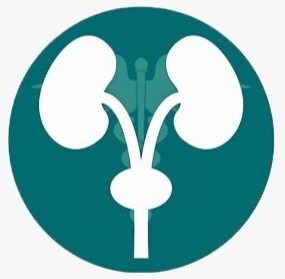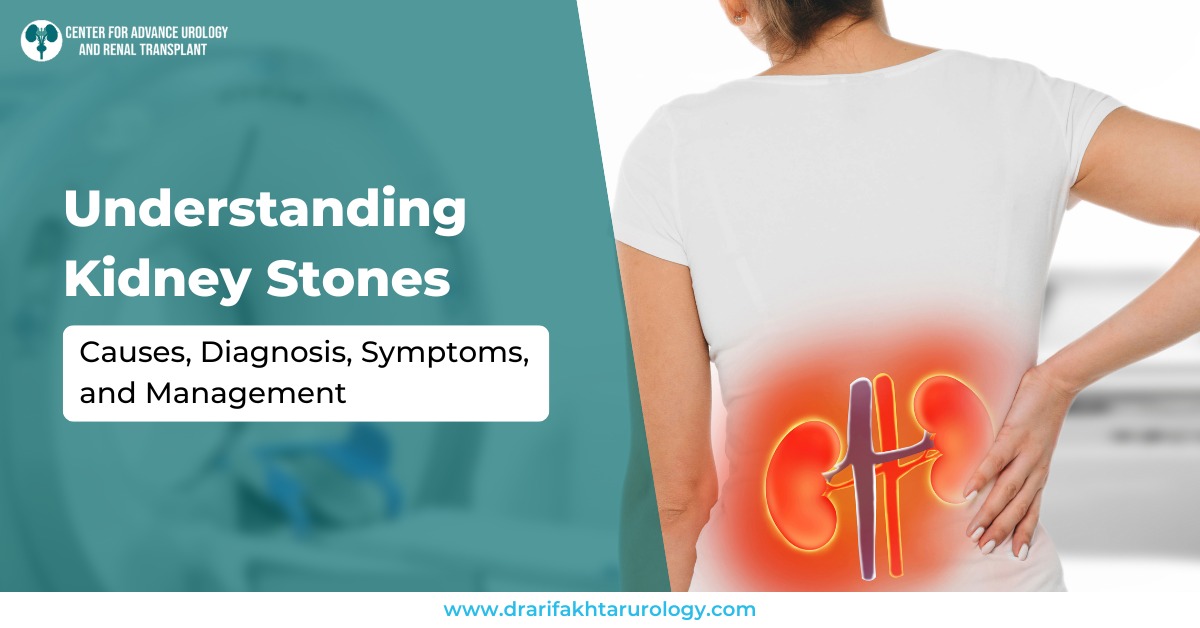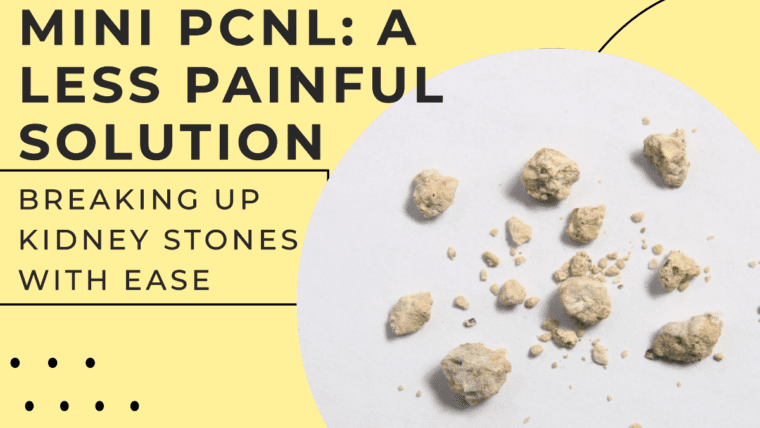Introduction:
Kidney stones, scientifically known as renal calculi, are solid deposits that form in the kidneys when minerals and salts in the urine crystallize. This condition can cause excruciating pain and discomfort, making it crucial to comprehend its causes, diagnosis, symptoms, and effective management strategies.
I. Causes of Kidney Stones:
A. Dietary Factors:
1. High intake of oxalate-rich foods.
2. Inadequate fluid intake leading to concentrated urine.
3. Excessive consumption of animal proteins.
4. High sodium diet promoting calcium retention.
B. Metabolic Factors:
1. Genetic predisposition.
2. Hypercalciuria (excessive calcium in urine).
3. Hyperoxaluria (elevated oxalate levels).
4. Hyperuricosuria (increased uric acid in urine).
C. Medical Conditions:
1. Recurrent urinary tract infections.
2. Inflammatory bowel disease affecting nutrient absorption.
3. Renal tubular acidosis.
II. Diagnosis of Kidney Stones:
A. Clinical Assessment:
1. Evaluating patient history and risk factors.
2. Physical examination for signs of pain or discomfort.
B. Imaging Studies:
1. Non-contrast CT scan for precise stone identification.
2. Ultrasound for detecting stones, especially in pregnant women.
3. X-rays to visualize radio-opaque stones.
C. Laboratory Tests:
1. Urinalysis to assess pH, crystals, and blood.
2. Stone analysis to identify composition.
III. Symptoms of Kidney Stones:
A. Renal Colic:
1. Severe flank or abdominal pain.
2. Radiating pain to the groin or genitals.
3. Intermittent waves of intense discomfort.
B. Hematuria:
1. Presence of blood in urine.
2. Pink, red, or brown discoloration.
C. Other Symptoms:
1. Nausea and vomiting.
2. Frequent urge to urinate.
3. Fever and chills in case of infection.
IV. Management of Kidney Stones:
A. Conservative Measures:
1. Hydration to promote urine dilution.
2. Dietary modifications to reduce stone-forming substances.
3. Pain management with NSAIDs or analgesics.
B. Medical Interventions:
1. Extracorporeal Shock Wave Lithotripsy (ESWL) for smaller stones.
2. Ureteroscopy with laser lithotripsy for precise stone removal.
3. Percutaneous Nephrolithotomy (PCNL) for larger stones.
C. Prevention Strategies:
1. Lifestyle changes to promote a balanced diet and hydration.
2. Medications to control underlying metabolic factors.
3. Regular follow-up to monitor recurrence.
Conclusion:
In conclusion, kidney stones pose a significant health concern with a range of causes, diagnostic methods, symptoms, and management strategies. Understanding these aspects is crucial for both healthcare professionals and individuals to effectively prevent, diagnose, and treat this painful condition, enhancing overall kidney health.




